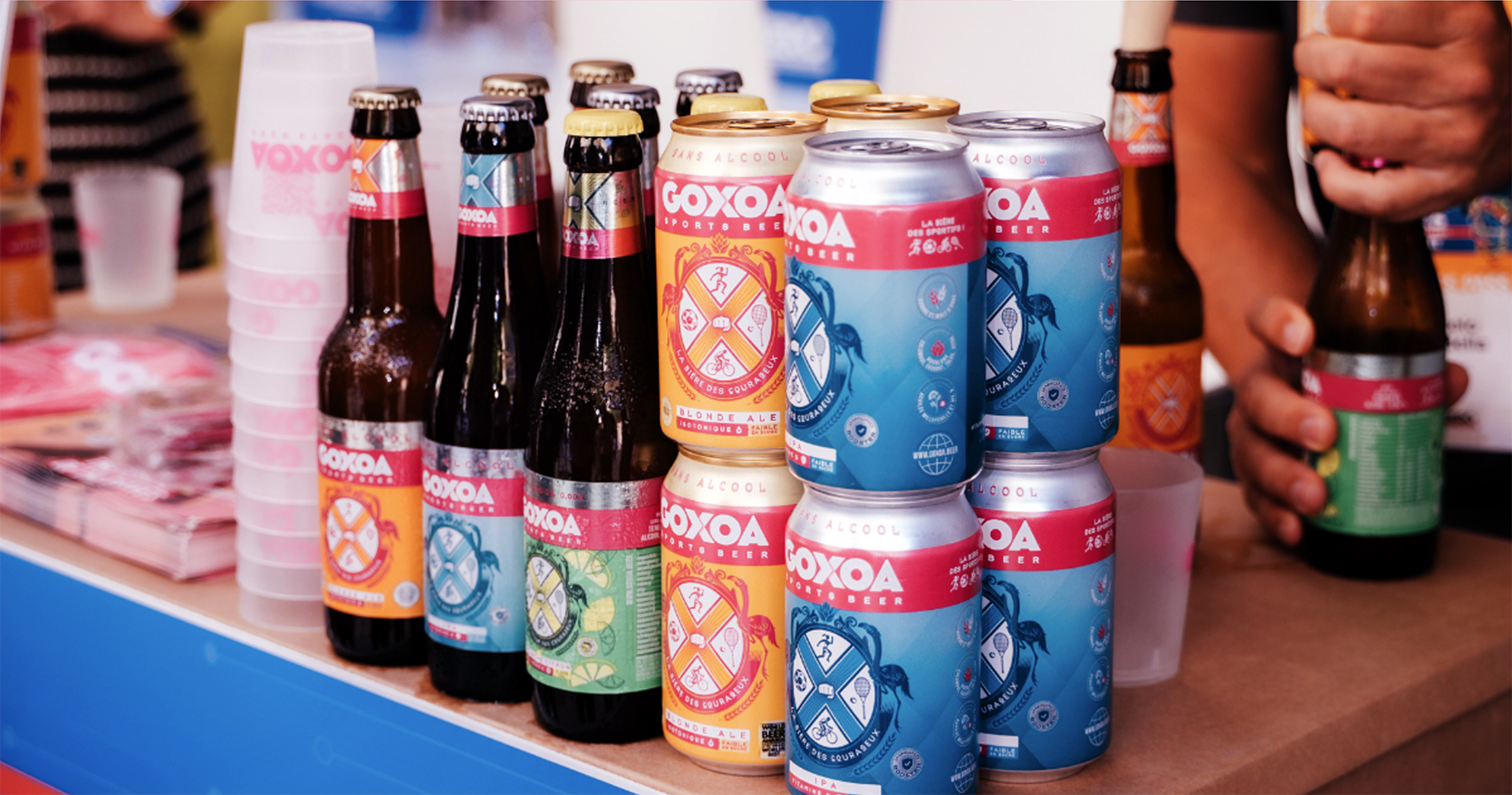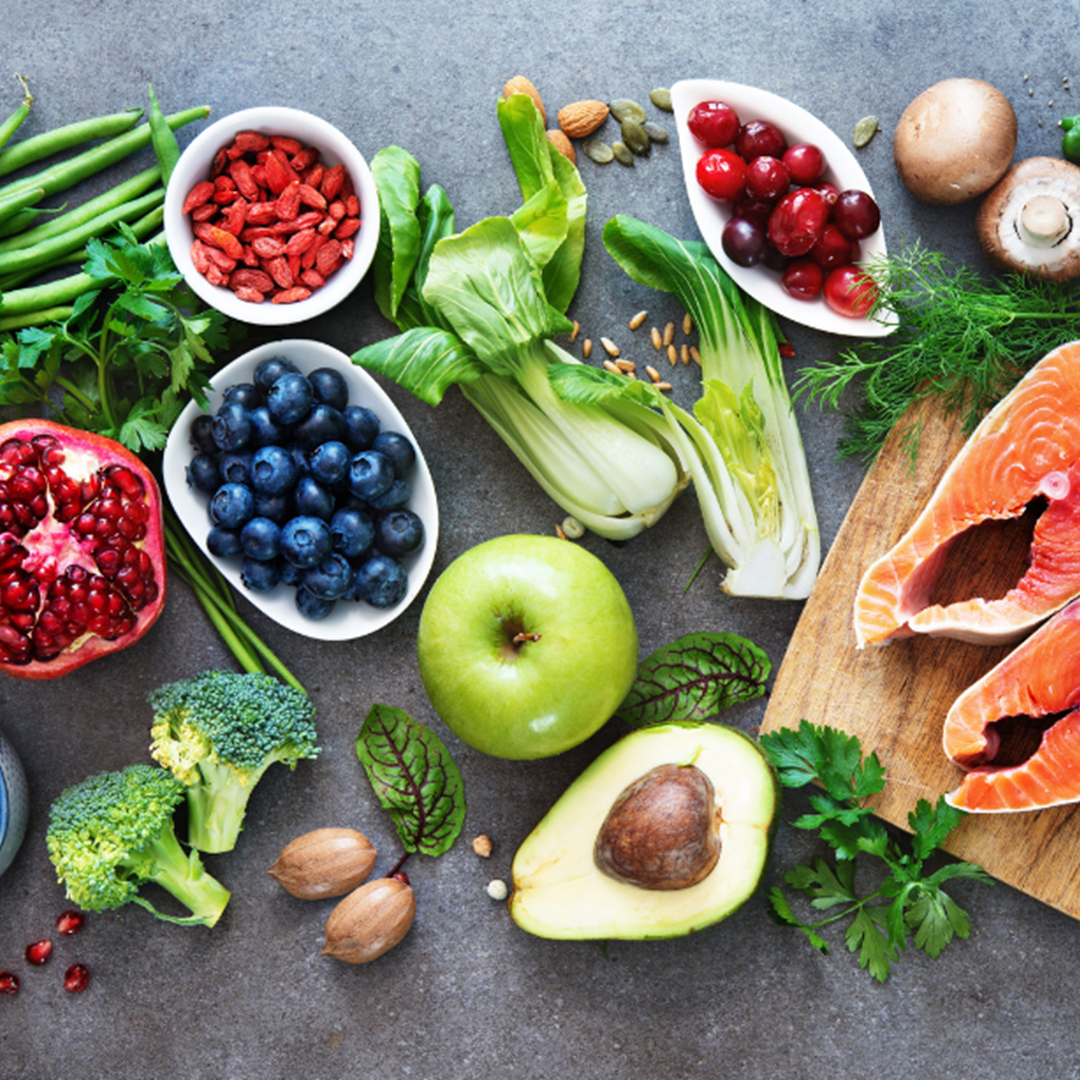A Decade Promoting Cell-Based Technology
It's been 10 years since the first cultured meat burger was introduced. If we look back, we can see that this technology has undergone a great change, leaving behind its status as a futuristic concept to become a promising alternative to global challenges related to sustainability and safety in the food system.
In early 2023, the Australian startup Vow surprised the entire sector in its presentation of a meatball with the genetic sequence of the woolly mammoth. These revolutionary advances in the field of cultured meat are constantly redefining what is considered possible in the food industry.

On the horizon of these transformations is the United States, emerging as the epicenter of applications of technologies cell-based. Countries such as Japan, Israel and the United Kingdom are also making headway in product exploration cell-based, in a race to shape the future of food production. During the month of July, the government of the Netherlands approved a resolution authorizing the early testing or tasting of foods produced using cell cultures before their release to the market. On the contrary, in March Italy became the First country in the world to explicitly ban — in the absence of parliamentary ratification — food produced from cell cultures or vertebrate-derived tissues. The national scene is not far behind: as we mentioned a few weeks ago, in an article by Fooduristic Bites, in May of this same year, was born Cellular Agriculture Spain, an association dedicated to promoting cell culture in our country. Its main objective is to build a solid network that brings together companies and people interested in this agricultural avant-garde, promoting communication, transparency and innovation in cell culture production.
The presumed environmental benefits of cultured meat are great: greenhouse gas emissions can be reduced by up to 80% compared to traditional beef production. It should be noted that, despite these promising numbers, scalability remains a technical challenge that requires constant attention. However, the consulting firm McKinsey projects a promising horizon: it is estimated that The cultured meat market could reach 25 billion dollars by the year 2030. These figures highlight the growing relevance and potential of this constantly evolving industry, marking the path to a more sustainable food future.
In the field of meat-like proteins, one of the most important players is JBS, a renowned beef producer, which has invested in the construction of a pioneering laboratory-grown protein plant in San Sebastian after buying part of Biotech Foods. With a investment of 41 million dollars and an area of 20,000 square meters, this facility seeks to set new standards in the food industry and the local economy. In turn, Meatable, the leader in cultured meat, has raised $35 million in new funding to scale up and accelerate the commercial launch of its pork products.
Meanwhile, advances continue elsewhere in the world. From Aleph Farms, who has sought authorization to sell cell-cultured veal fillets in Switzerland, even pioneers such as Mosa Meat, which is expanding its plant in the Netherlands for large scale production. Companies such as GrowMeat, aimed at adapting local slaughterhouses for cellular food production, and Cocuus, which explores the 3D printing of steaks based on stem cells and plants, they are leading the forefront of innovation in this exciting field.
But advances in technology cell-based they are not only focused on the production of lean meat. There are more than 100 startups that are leading research on alternative solutions in the field of fats, dairy and seafood. Among these pioneers, Upstream Foods, which stands out for its commitment to transforming the plant food landscape through developments such as laboratory-grown salmon fat; this revolutionary fat seeks to raise the quality of alternative vegetable products, opening up new possibilities in the world of gastronomy. They are also key players in this scenario. Cultimate Foods and Cubiq Foods, whose contributions in the field of cultured fat continue to set the course of the food industry. On the other hand, the German firm Blue Seafood has charted an unprecedented path by becoming the first company specialized in cell-cultured fish production. Following this global trend, BlueNalu emerges as an undisputed leader in the production of lab-grown marine products. Its reputation for developing cell-grown seafood serves as a beacon for an industry that is also reinventing the way we obtain and enjoy the flavors of the ocean.
In short, laboratory-grown proteins present a promising response to essential sustainability and food security challenges, reshaping our perception of food and the way in which we approach food globally.








